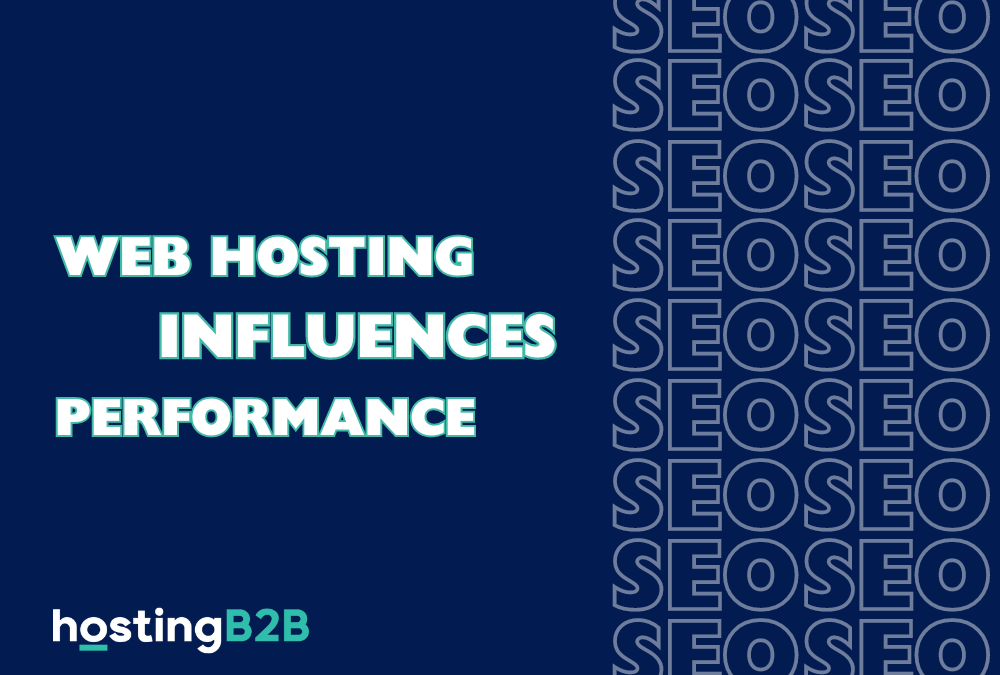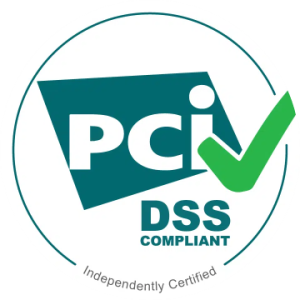

Server Speed and SEO
One of the primary ways web hosting affects SEO is through server speed. Search engines like Google prioritize user experience, and a fast-loading website is a critical component of that experience. Slow websites lead to higher bounce rates, which can negatively impact your SEO rankings.
- Page Load Times: If your web hosting provider offers fast server speeds, your pages will load more quickly. Google’s algorithms take page load times into account, favoring faster websites. This means that a slow host can directly hinder your site’s ability to rank well.
- Google’s Algorithm: Since 2010, Google has explicitly stated that site speed is a ranking factor. In July 2018, they expanded this to include mobile search, emphasizing the importance of fast-loading sites across all devices.
Uptime and Reliability
Uptime refers to the amount of time your website is accessible to users. Downtime, on the other hand, means your site is unavailable, which can be disastrous for both user experience and SEO.
- Impact on SEO: Search engines aim to provide the best possible results for their users. If your site is frequently down, search engines will see it as unreliable and may rank it lower in search results. This is because a website that can’t be accessed is of no use to users.
- Choosing Reliable Hosts: Opting for a hosting provider with a strong uptime guarantee (typically 99.9% or higher) ensures that your site remains accessible. Many reputable hosting companies offer uptime monitoring and redundancy measures to keep your site live.
Geographic Location of Servers
The physical location of your web hosting servers can also impact your SEO, particularly for local search results.
- CDNs and Latency: A Content Delivery Network (CDN) can help mitigate latency by distributing your website’s content across multiple servers worldwide. This ensures that users access your site from a server that is geographically closer to them, reducing load times.
- Local SEO: For businesses targeting local audiences, hosting your website on servers located in or near your target area can boost your local SEO. Search engines can consider server location as a factor in delivering local search results.
Security and SEO
Website security is another crucial factor that impacts SEO. Search engines prefer secure websites and often prioritize them in search rankings.
- SSL Certificates: Implementing an SSL certificate (which changes your site’s URL from HTTP to HTTPS) is essential for securing data transmitted between your website and its users. Google has confirmed that HTTPS is a ranking signal, meaning secure websites are favored in search results.
- Secure Hosting: Beyond SSL, a good web hosting provider should offer robust security features such as firewalls, DDoS protection, and regular security audits. A secure hosting environment helps protect your site from attacks and potential data breaches, which can negatively impact your SEO if your site is compromised.
Mobile Optimization
With the increasing use of mobile devices for web browsing, mobile optimization has become a significant SEO factor. Your web hosting provider can play a role in ensuring your site is mobile-friendly.
- Responsive Design: Ensure that your web hosting supports responsive design, which automatically adjusts your site’s layout based on the device being used. This improves user experience and is a key factor in Google’s mobile-first indexing.
- AMP Support: Accelerated Mobile Pages (AMP) is an open-source initiative that aims to make mobile web browsing faster. Some hosting providers offer support for AMP, which can further enhance your site’s mobile performance and SEO.
Case Studies
Real-World Examples: Several businesses have seen significant improvements in SEO and site performance by switching to better hosting solutions. For instance, a small e-commerce site struggling with slow load times and frequent downtimes switched to a premium hosting provider. As a result, the site’s load times improved by 50%, uptime reached 99.99%, and organic traffic increased by 30% within three months.
Success Metrics:
- Load Time Reduction: Average load time dropped from 6 seconds to 3 seconds.
- Bounce Rate: Reduced by 20% due to faster loading times.
- Search Rankings: Improved rankings for several key search terms.
- User Engagement: Increased time on site and higher conversion rates.
Choosing the Right Web Hosting for Better SEO and Performance
To ensure optimal SEO and site performance, selecting the right web hosting provider is essential. Our servers, located in Cyprus, Malta, and the UK, offer distinct advantages in terms of speed, reliability, and security, all of which play a crucial role in boosting your site’s performance and search engine rankings. Learn more about why HostingB2B’s servers are the ideal choice for web hosting in our article, Why Choose Our Servers for Web Hosting: The Cyprus, Malta, and UK Advantage with cPanel.
Conclusion
Choosing the right web hosting provider is crucial for optimizing your website’s performance and SEO. Web Hosting Influences SEO Performance significantly. Factors such as server speed, uptime, server location, security, and mobile optimization all play vital roles in determining how well your site performs in search engine rankings. INVEST NOW in a reliable and high-quality web hosting service, and significantly enhance your site’s user experience, improve its search engine visibility, and ultimately drive more traffic and conversions.
The post The Impact of Web Hosting on SEO and Site Performance appeared first on HostingB2B.








